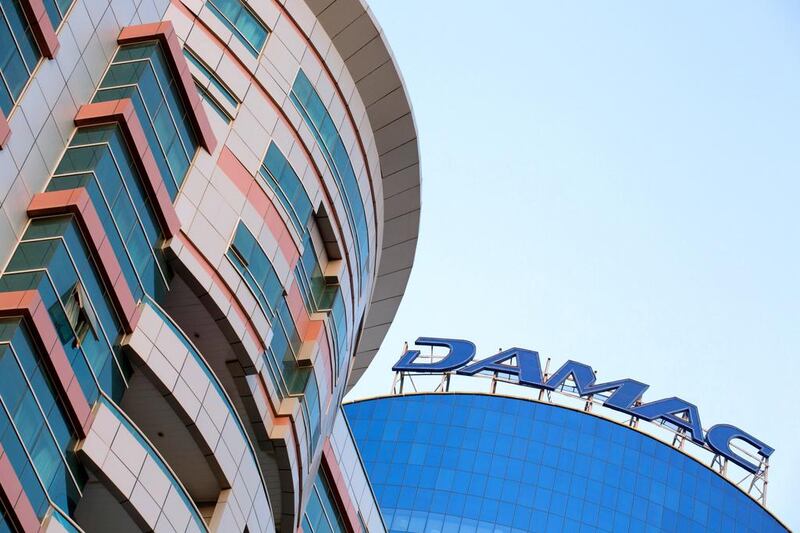Damac Properties, the UAE luxury developer, is to raise some US$500 million through an initial public offering on the London Stock Exchange.
The shares will be listed in the form of global depositary receipts (GDR), a financial instrument sometimes used by emerging market companies in market flotations. One GDR will be equal to three ordinary shares in Damac.
Although final evaluations and pricings are being prepared, sources close to the transaction said the initial float could be in the region of 10 per cent of the company’s equity, representing a total market capitalisation of $4.5 billion to $5bn.
This is significantly higher than previous estimates of Damac’s worth, and appears to be driven by rising market expectations of its profitability in Dubai’s resurgent property market.
The shares are being sold by two companies, Al Firdous Holding and Sahira Holding, controlled by the founder of Damac, Hussain Sajwani. They will not be able to sell more shares for a year after the flotation, but sources did not rule out further sales after that.
It is thought up to 29 per cent of the company could end up on the market.
GDRs are not eligible to be included in the London market indexes, which might affect their liquidity in the post-flotation market.
Mr Sajwani said: “A GDR listing on the London Stock Exchange is the next step in our evolution as we take the company to the global markets and allow international investors the opportunity to participate in our continuing success and ambitious plans for growth.”
Damac was one of the spectacular success stories of Dubai’s first boom phase, which followed the relaxation of foreign property ownership laws.
The developer got through the global financial crisis by cutting costs, mothballing projects and careful husbandry of resources. It also fought several legal actions against disgruntled customers.
The flotation documents, filed with the London exchange authorities, state that since its launch in 2002, the company has delivered projects worth $3.1bn, the vast majority in Dubai.
Mr Sajwani said: “Dubai and our other key target markets are currently staging a strong recovery following the global economic downturn, and we believe that this offering is an opportunity for investors to benefit from this growth at an advantageous point in the market cycle and with a leading participant in the sector.”
Damac also unveiled financial figures for the first time in its history. In 2012, it had revenues of $692m and profits of $212m, which accelerated to $632m revenue and $332m profit in the first half of the current year.
The company said that gross profit margins for the three years ended last December averaged 44 per cent, and had jumped to 64 per cent in the first half of this year.
Analysts are preparing profit forecasts for the current year on the basis of these better-than-expected figures.
Mr Sajwani will remain executive chairman and chief executive of Damac. Apart from this, Damac said it intended to be fully compliant with all material aspects of the British corporate governance code.
Damac is being advised by the investment banks Citigroup and Deutsche Bank, while the Saudi bank Samba Capital and Russian VTB Capital will act as co-lead managers.
The latter two advisers will be used partly to tap investor support in their home markets, one source indicated. The appointment of more GCC financial institutions to exploit regional appetite for the shares had not been ruled out, the source said.
The proposed share issue has been deemed Sharia-compliant by experts hired by Deutsche Bank.
fkane@thenational.ae





